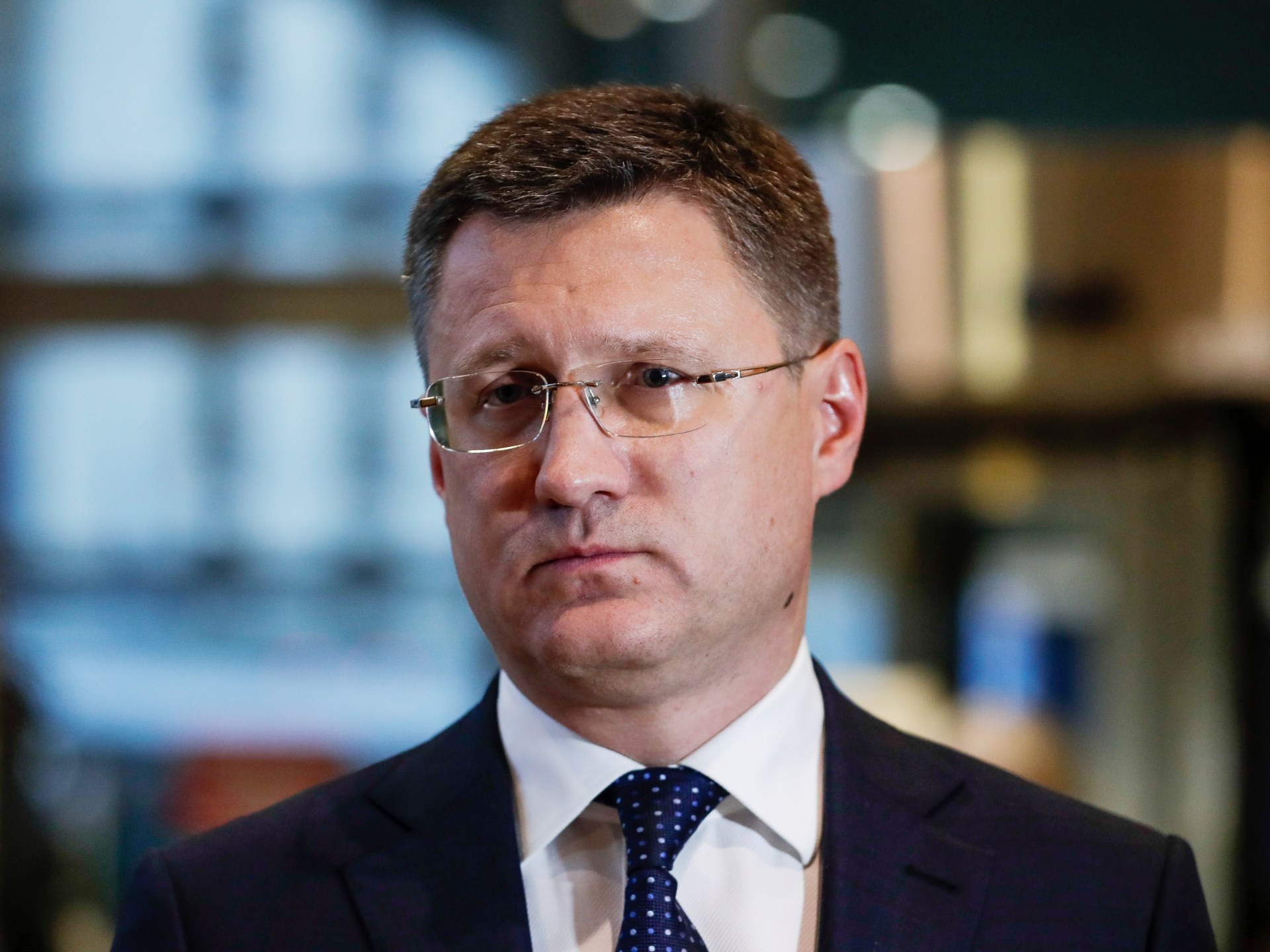Despite Western sanctions, Russia's energy sector developed in 2023 (European)
Russian Deputy Prime Minister Alexander Novak in charge of energy affairs announced that his country has almost completely redirected its oil exports to China and India, and achieved revenues at a level similar to what it achieved in 2021 before the imposition of Western sanctions.
Novak said Russia, which is under many Western sanctions because of its war on Ukraine, now sells 45 percent to 50 percent of its oil to China and 40 percent to India.
"If previously we supplied Europe with 24 to 40 percent of total oil and petroleum products exports, we expect that figure to not exceed 45 percent to 4 percent by the end of the year," Novak said in an interview with Rossiya 5.
Despite the West's restrictions and its efforts to cap the selling price of Russian oil, he said, "the Russian energy and oil complex has successfully developed in 2023."
"Many people want to buy Russian oil and petroleum products," Novak said, adding that "this is about Latin American countries, African countries, and other countries in the Asia-Pacific region."
He pointed out that Russia's oil and gas revenues will reach about 9 trillion rubles ($98.3 billion) this year, almost the same level achieved in 2021.
The energy industry accounts for 27 percent of Russia's GDP, and its sale abroad accounts for about 57 percent of the country's total exports, he said.
Western sanctions cap the price of a barrel of Russian seaborne oil at $60 and bar companies in the Group of Seven from shipping crude from Russia or insuring tanker ships if it exceeds that ceiling. The EU has blocked almost all oil imports from Russia, which until then had been the bloc's main supplier.
OPEC Plus
Russia decided at the end of November, in coordination with other OPEC plus countries, including Saudi Arabia, to further cut its oil production by 2.2 million barrels per day in the first quarter of next year in order to stimulate prices, a way to help Moscow increase its revenues from the sale of fuel.
Novak said Russia expects Brent crude prices to average between $80 and $85 a barrel next year amid cuts by OPEC Plus, noting that the forecast is based on the estimates of many analysts and constitutes expectations for the country's social and economic development.
He said that OPEC Plus is not working to target a specific level of oil prices, but seeks to balance supply and demand so that the industry operates stable.
Source: Agencies

